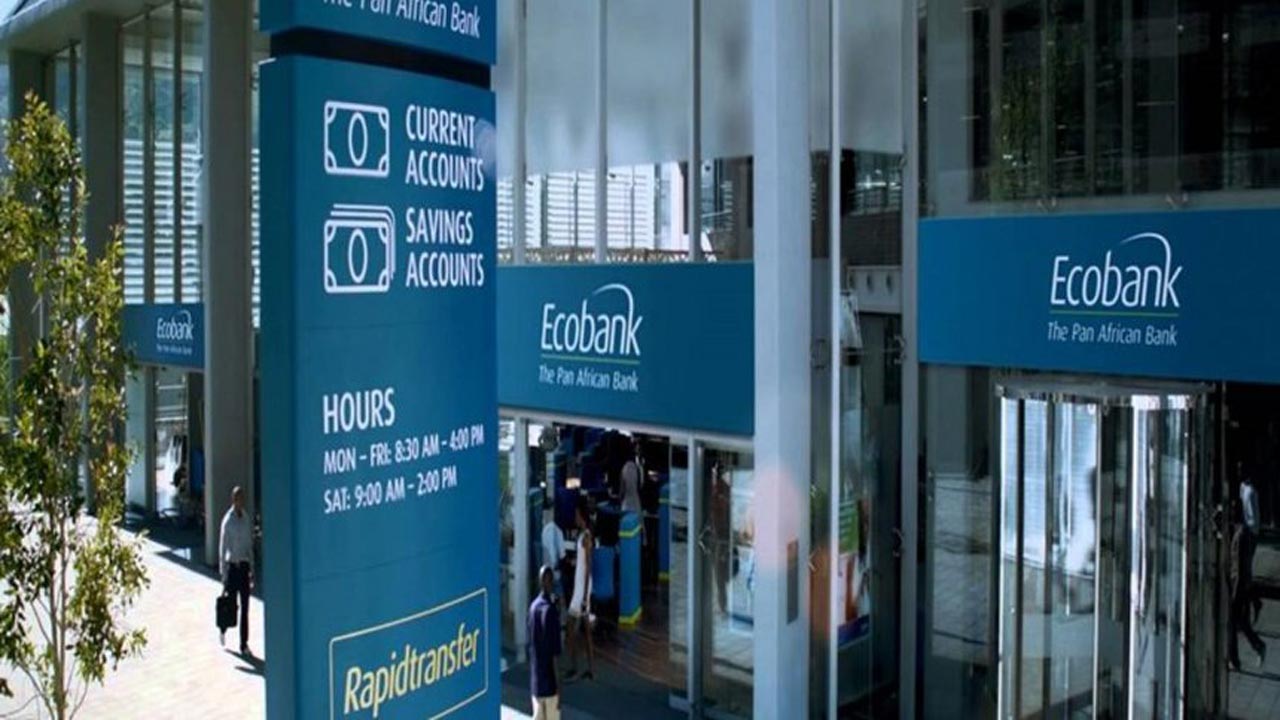The average quality of policies and institutions in Sub-Saharan Africa was broadly unchanged in 2017, according to the latest review by the World Bank.
This is a shift from the deterioration observed in the previous year.
This analysis covers 38 countries and describes the progress these countries are making on improving the quality of their policies and institutions. Countries are rated on a scale of 1 (low) to 6 (high) for 16 dimensions reflecting four pillars: economic management, structural policies, policies for social inclusion and equity, and public sector management and institutions.
In 2017, the regional Country Policy and Institutional Assessment (CPIA) score was 3.1. This average CPIA score for Sub-Saharan Africa remains slightly below the average of 3.2 for other IDA countries.
“In 2017, African countries had a more favorable global environment that provided them with space to implement reforms” explained Punam Chuhan-Pole, lead economist and lead author of the report.
“According to our analysis, nearly 30 percent more countries strengthened their policy and institutional quality in 2017 compared with 2016. This is an encouraging trend.” Favorable global economic conditions supported a turnaround in economic activity in Sub-Saharan Africa in 2017, easing pressure on weak policy frameworks.
Country-level policy and institutional quality varied widely across the region. Rwanda continued to lead at the regional level and globally, with a CPIA score of 4.0.
Other countries at the high end of the regional score range were Senegal, with a score of 3.8, closely followed by Cabo Verde, Kenya, and Tanzania, all with scores of 3.7. Overall, slightly more than half (20) of the region’s IDA borrowers posted relatively weak performance—that is, a score of 3.2 or lower.
The fragile countries had difficulties to face the challenges posed by their environment regarding the high risks of conflict, commodity price shocks, or climate threat.
“The CPIA is important for African countries not only because a better score leads to an increase in concessional financing from the World Bank, but also because it’s an excellent tool for policy formulation and monitoring” said Albert Zeufack, the World Bank’s Chief Economist for Africa. “Our countries should pay more attention to this important tool and use it accordingly.”
Since 1980, CPIA scores are used in determining IDA’s allocation of resources to the poorest countries. They are also useful for monitoring country progress and benchmarking it against progress in other IDA-eligible countries.


